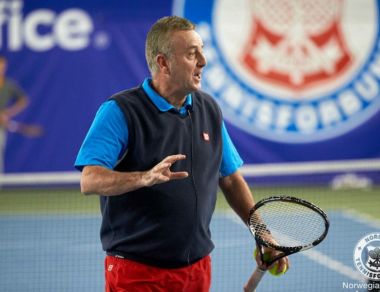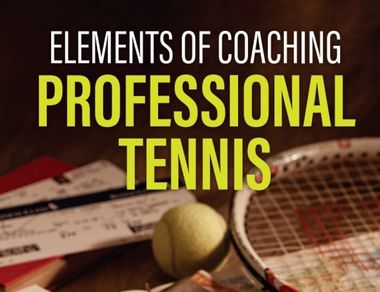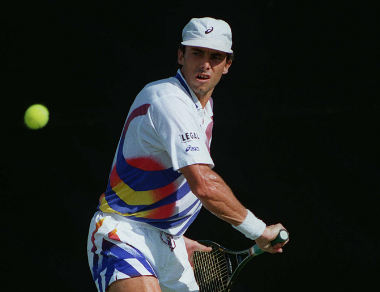Othmane Garma was just fourteen years old when his parents made the decision in 1999 to leave their home in Morocco for a chance at a better life in the USA. Little could he have imagined then that the lessons he would learn from his parents’ struggle would help him to reach the pinnacle of professional tennis coaching. That happened on September 10th, 2017 when Sloane Stephens won the US Open singles grand slam title.
By Moroccan standards, Othmane’s family were considered successful. His father held a senior government job and the family owned a textile factory. Still the parents wanted more for their young family than was possible to earn in Morocco at that time. The decision to leave their home, family, friends and school, not to mention all their possessions behind was not an easy one. Sleepless nights, tense discussions and fear of the unknown preceded their flight out of Casablanca as they settled in the greater Washington D.C area.
“I had no idea what to expect or how to prepare for a future you can’t even imagine yet,” recounts Othmane. “I could not turn to my parents for advice; they didn’t know either. The only thing they knew was that the United States was a place of great opportunity.”
While Othmane and his elder brother, Mehdi, played tennis on public courts, their parents worked a multiple jobs in order to make ends meet for the family and allow the boys to play junior tournaments.
“My father managed a restaurant and at night was a security officer. My mother worked as a French tutor and nanny,” Othmane says. “My parents never complained about the work but instead were always grateful that they could provide for the family. I saw and understood the change and the sacrifice my parents made and in a way that forced me to internalize the message that in order to achieve anything, there needs to be sacrifice.”



